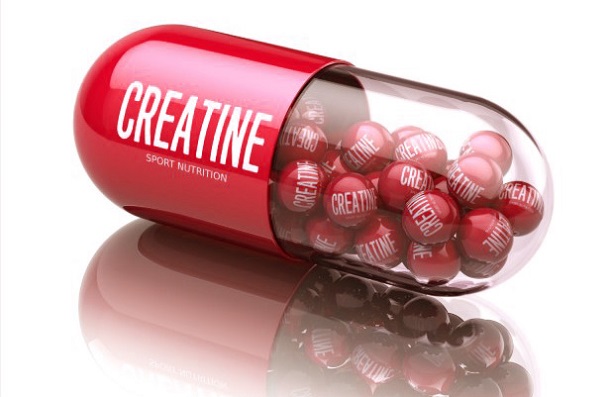Nikhil Prasad Fact checked by:Thailand Medical News Team Sep 04, 2025 4 months, 2 weeks, 3 days, 16 hours, 58 minutes ago
Medical News: Creatine new hope for mitochondrial health
Creatine, often seen as just a sports supplement for boosting strength, is now being recognized by scientists for something far more important. Researchers from the Faculty of Health Sciences at the University of Pecs in Hungary and the Department of Nutrition and Public Health at the University of Agder in Norway have shown that creatine may be a powerful tool in protecting our mitochondria, the tiny energy factories inside our cells. This
Medical News report explains how creatine could be used to predict, prevent, and treat many health problems by targeting mitochondria directly.
 Creatine Emerges as a New Hope for Mitochondrial Health
The Power of Mitochondria
Creatine Emerges as a New Hope for Mitochondrial Health
The Power of Mitochondria
Mitochondria are critical for life, turning food into usable energy. When they begin to fail, the results can be devastating—ranging from fatigue and muscle weakness to diabetes, heart problems, and even brain diseases like Parkinson’s and Alzheimer’s. The review showed that creatine not only supports energy production but also helps stabilize mitochondrial membranes, reduces harmful oxidative stress, and even promotes the growth of new healthy mitochondria.
How Creatine Protects Cells
The study explained that creatine acts like a safety net for energy, keeping ATP—the body’s main energy currency—steady during stress. It also shields mitochondria from damage caused by harmful molecules called free radicals. In experiments, creatine lowered oxidative stress, improved muscle performance, and reduced cell death in conditions like stroke, heart attack, and traumatic brain injury. This makes creatine a promising candidate not just for athletes but for patients with serious diseases.
Creatine as a Health Marker
Beyond being a therapy, creatine could help doctors detect illness early. Measuring creatine levels in blood, saliva, or tissues can show hidden problems in mitochondrial health. Modern imaging technology can also measure creatine in the brain and muscles, helping spot diseases earlier. For example, in people with long COVID, scientists found lower creatine levels in both muscle and brain, which linked directly with fatigue and body pain. This shows how creatine can act as both a treatment and a warning sign of disease.
Personalized Use of Creatine
The review also stressed that creatine does not work the same for everyone. Age, genetics, diet, and existing health conditions all affect how well people respond. New approaches suggest tailoring supplementation to each individual, possibly using wearable devices and personalized tests. Scientists are also exploring new delivery systems like nasal sprays and nanoparticle formulas to make creatine more effective in reaching the brain and other organs.
Conclusion
Creatine is no longer just for athletes. It is emerging as a safe, low-cost, and widely available way to protect mitochondria and improve overall health.
By working as both a treatment and a measurable biomarker, creatine offers a rare opportunity to change medicine from reacting to illness to preventing it. If larger studies confirm its potential, creatine could become a cornerstone of healthy aging and the fight against chronic disease.
The study findings were published in the peer reviewed journal: EPMA Journal.
https://link.springer.com/article/10.1007/s13167-025-00420-9
For the latest on Mitochondrial Health, keep on logging to Thailand
Medical News.
Read Also:
https://www.thailandmedical.news/news/creatine-shows-promise-in-treating-post-viral-fatigue-syndrome-especially-in-long-covid-patients
https://www.thailandmedical.news/news/american-study-finds-that-creatine-monohydrate-helps-improve-vascular-health-of-older-adults
https://www.thailandmedical.news/news/creatine-supplementation-shows-promise-for-chronic-fatigue-syndrome
